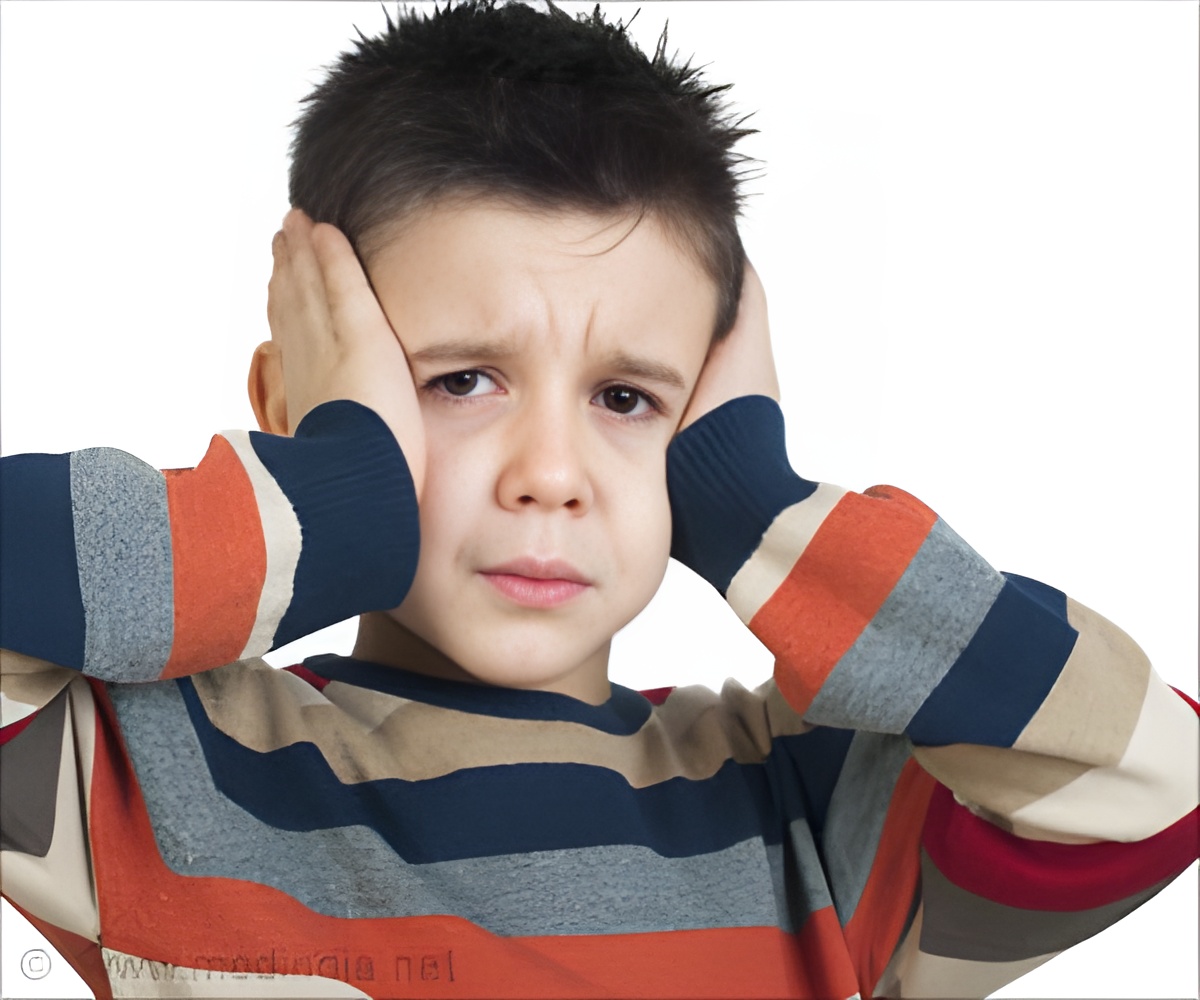
"The well-being of this population is critically important because, compared to parents of typically developing children, parents of children with developmental disabilities experience substantially higher levels of stress, anxiety and depression, and as they age, physical and medical problems," said lead author Elisabeth Dykens, Ph.D., Annette Schaffer Eskind Professor and director of the Vanderbilt Kennedy Center for Research on Human Development and professor of Psychology and Human Development, Pediatrics and Psychiatry. "Add to this the high prevalence of developmental disabilities – about one in five children – and the fact that most adult children with intellectual disabilities remain at home with aging parents, we have a looming public health problem on our hands."
Nearly 250 mothers of children with autism or other disabilities were randomized into one of two programs: Mindfulness-Based Stress Reduction (MBSR) and Positive Adult Development (PAD). The MBSR approach is more physical, emphasizing breathing exercises, deep belly breathing, meditation and gentle movement. The PAD approach is more cognitive and uses exercises such as practicing gratitude.
Supervised peer mentors, all mothers of children with disabilities, received four months of training on the intervention curriculum, the role of a mentor and research ethics. The peer mentors led six weeks of group treatments in 1.5-hour weekly sessions with the research participants.
At baseline, 85 percent of participants had significantly elevated stress, 48 percent were clinically depressed and 41 percent had anxiety disorders.
Both the MBSR and PAD treatments led to significant reductions in stress, depression and anxiety and improved sleep and life satisfaction among participants, and mothers in both treatments also showed fewer dysfunctional parent-child interactions. While mothers in the MBSR treatment saw the greatest improvements, participants in both treatments continued to improve during follow-up, and improvements in other areas were sustained up to six months after treatment.
Advertisement
Advertisement










